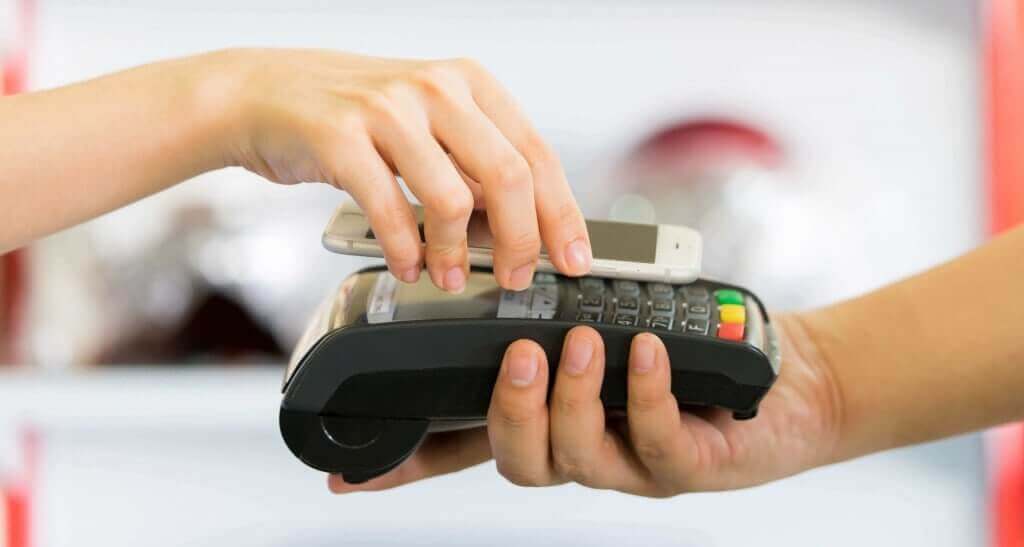Micro-businesses, typically solo companies or those with no more than two employees, make up 95% of all businesses in the UK.
Mobile hairdressers, freelance creatives and mobile food stalls are just some of the most popular examples of a micro business.
As a small business owner, you may deal with smaller transaction values and think that investing in a card machine wouldn’t be financially viable.
Chances are you’re dealing with small transaction values, even with high volume.
So staying with cash payments would be better for business, right?
Not really.
In this article, card machine provider Handepay, outlines the 5 key benefits a card machine can have for a micro business.
1 – You can meet customer expectations
Around 95% of the UK population now has at least one debit or credit card, according to data from UK Finance.
Customers simply expect businesses to accept card payments today.
It’s more unusual to have to pay with cash.
Most customers find card payments more convenient (because they don’t have to carry large amounts of cash), which means businesses need to meet those expectations.
Insisting on cash payments can alienate some customers, costing you money in the long run.
2 – You can take payments quickly
Regardless of your business type, taking payments quickly is more convenient – and profitable.
It means you move on to the next customer rather than waiting for customers to find the right cash or count change.
For example, if you’re a mobile food business, you don’t want to have a line of people waiting while you deal with a cash transaction when you want customers buying and moving through quickly.
Because transaction values can be low in micro businesses, some will rely more on transaction volumes, which means payment speed is critical.
Even using a Chip and Pin machine is a quicker way of taking payments than relying on cash, while using a contactless card machine makes transactions almost instantaneous.
3 – You have an automatic audit trail
Dealing with cash is a nightmare when it comes to tracking transactions.
For one, you have to manually sift through your till receipts at the end of the day, count the final takings and hope they match. If they don’t, it could be hours trying to work out why there’s a discrepancy.
A card machine produces real time records of your daily transactions so you know exactly what you’ve taken.
This information can also be used to analyse trends. Like when in the day you’re busiest, or which areas of the country are more profitable if you move around a lot for your business.
4 – Reduces the risk of fraud
There’s always an increased risk of fraud when dealing with cash.
If you’re busy trying to rush customers through, it can be easy to accept a fraudulent note accidentally. If you do, there’s no way of recovering the money, and you’ve lost out.
You’re also more likely to fall for scams if you’re trying to deal with cash and change.
Card payments are much safer.
Transactions are only approved if the customer’s bank confirms they have the funds in their account, so you never need to worry about losing out later.
The safeguards around card payments are also much stricter than cash, so it’s safer for customers.
5 – It’s faster and more convenient
If you rely on transaction volumes to make a profit, you need a payment system to get customers moving quickly.
Cash doesn’t do it.
You have to wait for them to find enough cash (which takes longer if they’re digging around for the right change). Then you have to register the amount in the till and count the correct change.
This may only take a few minutes per transaction, but when you’re dealing with 10s or 100s of transactions daily, that time quickly builds up and eats away at the time you could be processing other payments.
With a card – whether it’s Chip and PIN or contactless – payments take seconds.
For you, this means more transactions processed per day and, ultimately, more profit.
Improve your microbusiness’ payment processing with a card machine
There’s no escaping that cash is becoming less popular by the year.
Card payments are by far the most popular payment method in the UK, with an ever growing number of those transactions being contactless.
Plus, with the growing popularity of eWallets and other digital payments among younger shoppers, it’s critical businesses have a modern, tech based payment system in place if they’re to survive in the future – regardless of their size.
Those who continue clinging to cash will only find themselves further behind.
